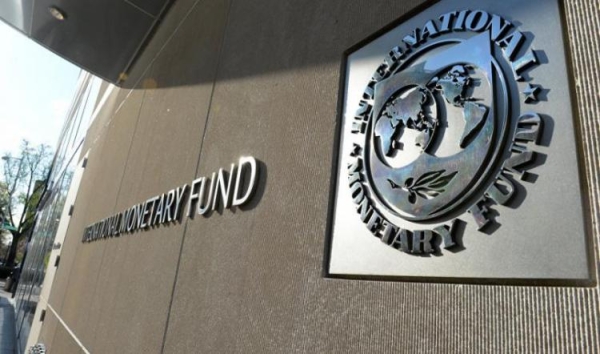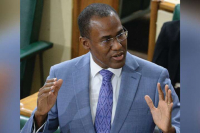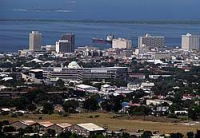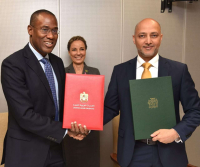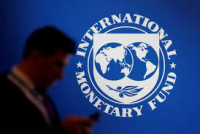The 24-month arrangement under the PLL with access of US$968 million (190 per cent of quota), is to provide insurance against risks from higher commodity prices, a global slowdown, tighter-than-envisaged global financial conditions, and new COVID outbreaks.
Meanwhile, the arrangement under the RSF for US$764 million (150 per cent of quota) to strengthen physical and fiscal resilience to climate change, advance decarbonization of the economy, and manage transition risks, has been approved.
The RSF is expected to catalyse funding for climate priorities from other official lenders and the private sector.
Finance Minister Dr Nigel Clarke previously indicated that Jamaica’s request from the IMF is aimed at increasing fiscal space and is premised on “looking across the horizon,” given the prevailing global uncertainties coming out of the pandemic and amid the Russian war against Ukraine which could further impact world economic conditions in the months to come.
Over the past few years, Jamaica has been buffeted by a difficult global environment—from COVID, the war in Ukraine, and the ongoing tightening of global financial conditions, the IMF said in a statement.
“Supported by sound policy frameworks and policies prioritising macroeconomic stability, the economy is now recovering strongly. As COVID waned, tourism has rebounded to pre-crisis levels, and 2022 real GDP growth is expected to be around four per cent, the IMF said.
At the same time, the IMF said Jamaica’s authorities’ response to recent shocks has been well-designed.
“The fiscal policy response to COVID was nimble, supporting the economy in 2020 but then quickly resuming a downward path for the debt. Similarly, the response to the surge in fuel and food prices allowed for pass-through while providing targeted support within the existing fiscal envelope.”
It also noted that the Bank of Jamaica has followed a data-dependent tightening of monetary policy to secure convergence to the inflation target.
“These policies have struck the right balance in responding to shocks, protecting the vulnerable, countering inflationary pressures, and further securing debt sustainability,” it said.
Following the executive board’s discussion, Bo Li, Deputy Managing Director and Acting Chair of the board issued the following statement:
“Jamaica strong track record of building institutions and prioritizing macroeconomic stability has aided the post-pandemic recovery. The economy continues its strong recovery from COVID, and inflation is expected to converge to the BOJ target range by end-2023. International reserves remain at adequate levels and the financial sector remains well-capitalised and liquid. The post-pandemic increase in the primary surplus and the ongoing monetary tightening strike the right balance in response to external shocks, reducing inflation and securing debt sustainability.
“The authorities continue to enhance policy frameworks. The Fiscal Commission will strengthen the fiscal responsibility framework, public sector reforms will create a standardized and equitable pay structure for government employees that rewards performance and efforts to strengthen tax and customs administration will support the revenue envelope. Amendments to the BOJ Act have strengthened the central bank’s autonomy and governance structures. Progress is also being made in the adoption of the Basel III framework and the enhancement of oversight of the financial system.
“To insure against risks from higher commodity prices, a global slowdown, tighter-than-envisaged global financial conditions, and new COVID outbreaks the authorities have requested an arrangement under the Precautionary and Liquidity Line (PLL) along with a Resilience and Sustainability Facility (RSF) to strengthen physical and fiscal resilience to climate change.
“The PLL will support the authorities’ plans to improve financial supervision, the AML/CFT framework, and data reporting.
“Reforms in the RSF, built on Jamaica’s home-grown climate policy, were prepared in close collaboration with the World Bank and other international partners. They create incentives to switch to renewables, reduce energy consumption, develop green financial instruments, and require proper management of climate risks in the financial sector. Reforms are expected to catalyze private and official financing for climate-related investment.”
